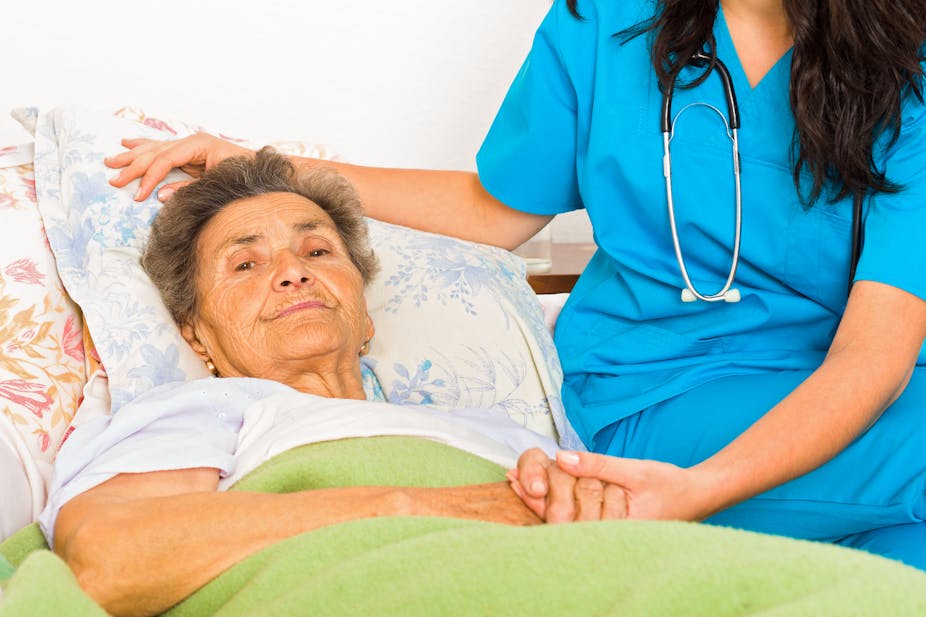A group of prominent disability campaigners has argued that legalising assisted suicide would make the lives of elderly and vulnerable disabled people worth less than the lives of ordinary people.
However, when looking closely at the provisions of the Assisted Dying Bill that is currently before the House of Lords, to which the campaigners object, it’s clear that the liberalisation of current legal prohibitions on assisted dying is not based on disability or age, but on a diagnosis of terminal illness. The bill applies to someone who is reasonably expected to die within six months. Even then, assisting the person with their suicide would only be lawful if that person has expressed a clear and settled intention to end their own life and the safeguards that are built into the bill are complied with.
The proposed legislation, then, is about allowing those who are terminally ill to make a free decision to end their own lives and to do so with medical assistance. It is not about devaluing the lives of the elderly or disabled, or about putting pressure on them to opt for suicide.
A narrow definition
The bill would only apply where the terminally ill person has the physical ability to commit suicide. It would make it lawful for physicians to prescribe the medicine with which to carry out the suicide, but it wouldn’t allow them to actually end a person’s life, for example through a lethal injection. This would be active euthanasia and under criminal law would be considered murder.
As it stands, encouraging and assisting suicide is a criminal offence but will only be prosecuted if the director of public prosecutions decides that a prosecution would serve the public interest. In 2010, the Crown Prosecution Service (CPS) issued guidance which said a prosecution may not be in the public interest in circumstances where someone makes a voluntary, clear, settled and informed decision to commit suicide, and is assisted by someone acting wholly out of compassion.
Acting as a medical doctor, nurse, or other healthcare professional, on the other hand, is regarded as a factor in favour of a public interest in prosecution, meaning that medical involvement in assisted suicide is strongly discouraged. This means that if a person cannot commit suicide without assistance, for example because of a debilitating illness, they would have to either do it without any medical help – which would often provide the most painless way to die – or travel to a country where it was legal to have assisted suicide with medical help.
The prosecution policy does not make any reference to a terminal illness, or any form of debilitating illness or unbearable suffering. In principle the policy applies to everybody, whether or not terminally ill, seriously ill, or not ill at all.
Necessary safeguards
If the bill became law, it would simply allow medical assistance for only those who are reaching the end of their terminal illness. It puts strict safeguards in place, including the need for two registered medical practitioners, independent from one another, to separately examine the person and their medical records. The practitioners must be satisfied that the person is terminally ill, that they have the capacity to make the decision to end their own life and there is a clear and settled intention to end their own life which has been reached voluntarily, on an informed basis without coercion or duress.
While the effectiveness of such safeguarding is often questioned, and the experience of different countries is interpreted differently by different people, studies have shown that in places that legalised some forms of assisted dying the Netherlands, Belgium and the US state of Oregon, safeguards effectively address problems such as the voluntariness of the decision, and the capacity of the person making the decision to request assistance with their suicide.
It is also worth noting that there are currently no safeguards regarding non-medically assisted suicide, other than the CPS’s prosecution policy which, unlike the bill, doesn’t require any medical assessment of the mental capacity of the person requesting assisted suicide.
The scope of the bill is limited. It would, for example, not benefit individuals like Tony Nicklinson who was physically unable to end his own life because of so-called “locked-in syndrome”. The court case he launched to allow physicians to end his life is currently pending before the Supreme Court. But the bill would allow those who are terminally ill more control over their death and provide them with the ability to die in a manner they regard as more dignified, than a slower natural death.

